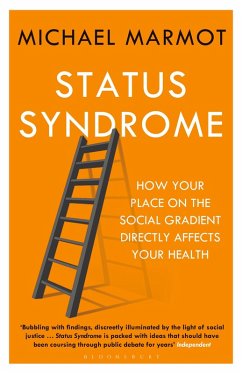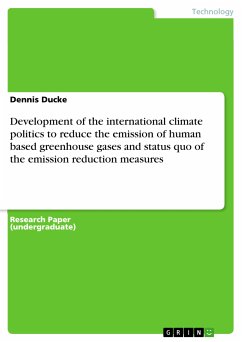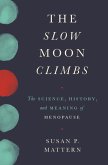Who experiences the most stress - the decision-makers or those who carry out their orders?
Why do the Japanese have better health than other rich populations, and Keralans in India have better health than other poor populations - and what do they have in common?
In this eye-opening book, internationally renowned epidemiologist Michael Marmot sets out to answer these and many other fascinating questions in order to understand the relationship between where we stand in the social hierarchy and our health and longevity. It is based on more than thirty years of front-line research between health and social circumstances. Marmot's work has taken him round the world showing the similar patterns that could be affecting the length of your life - and how you can change it.
Dieser Download kann aus rechtlichen Gründen nur mit Rechnungsadresse in A, B, BG, CY, CZ, D, DK, EW, E, FIN, F, GR, HR, H, IRL, I, LT, L, LR, M, NL, PL, P, R, S, SLO, SK ausgeliefert werden.









